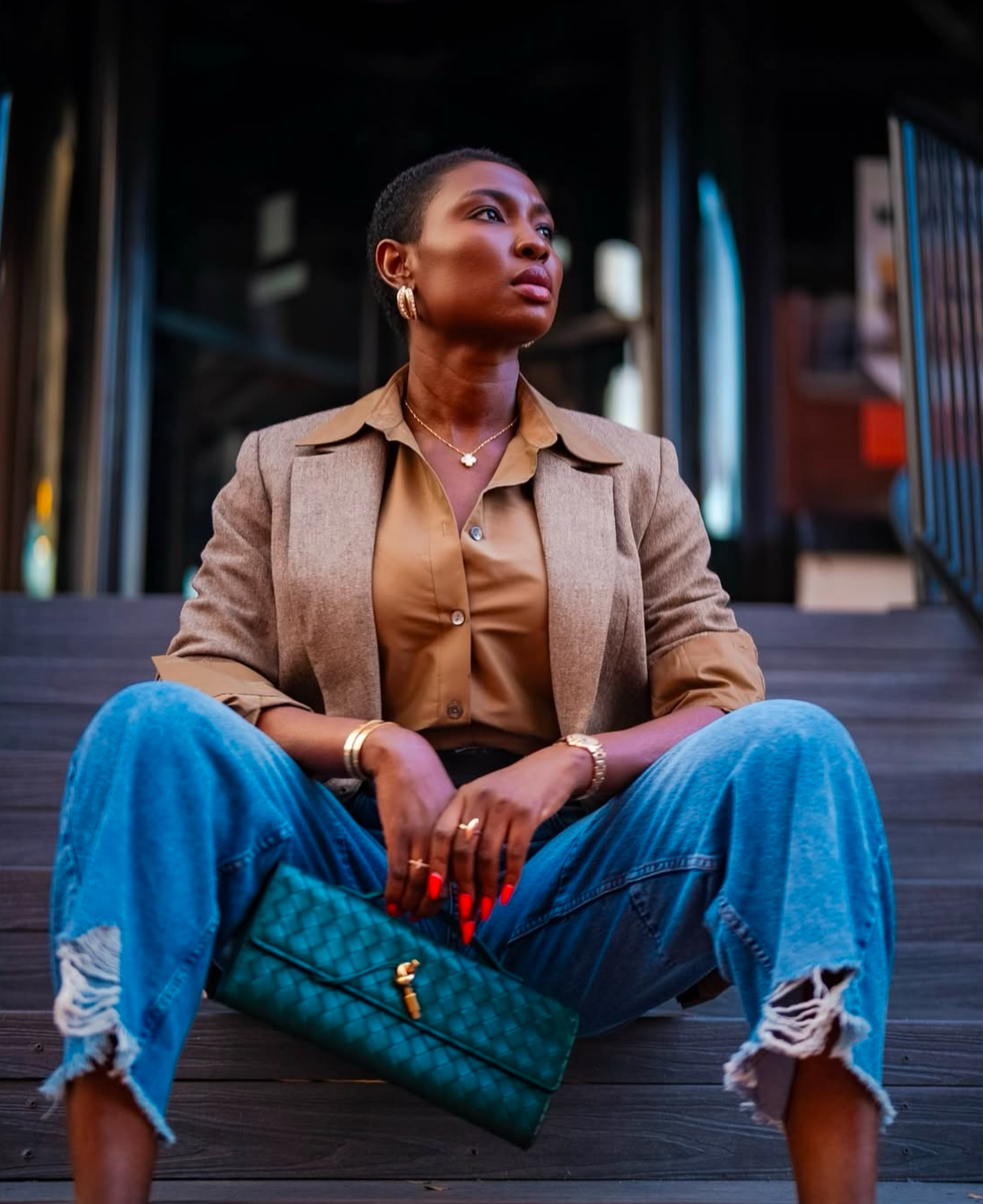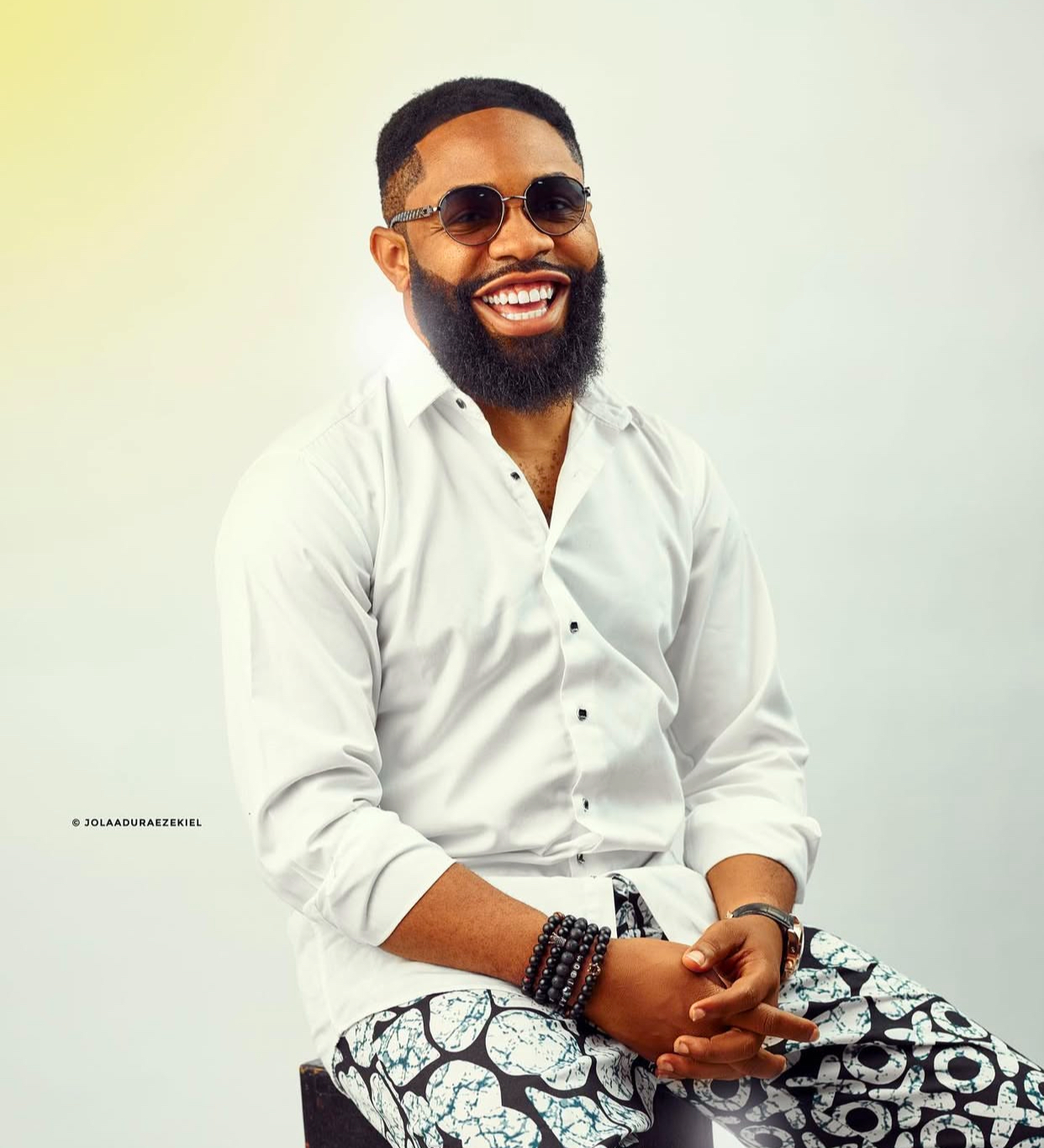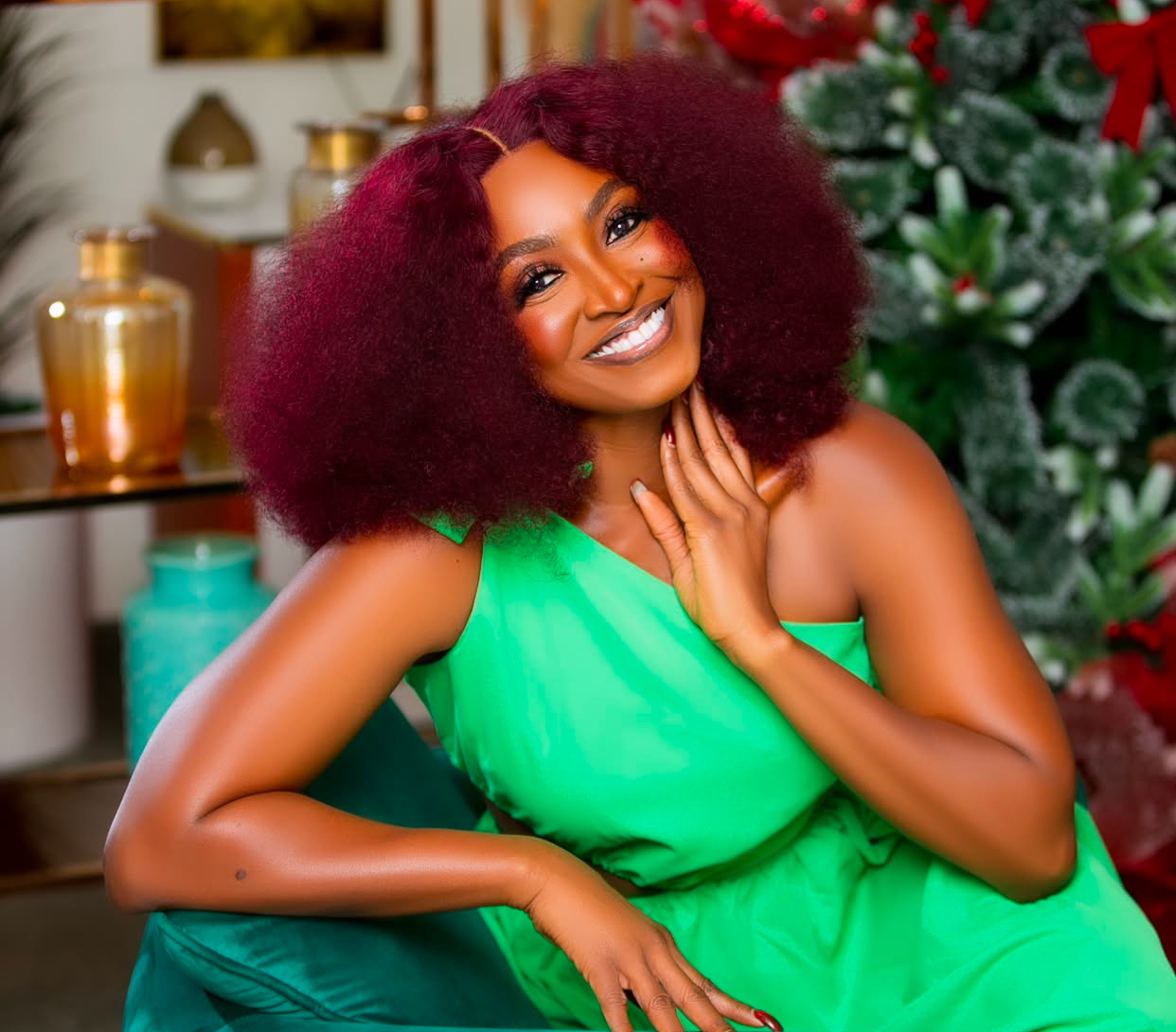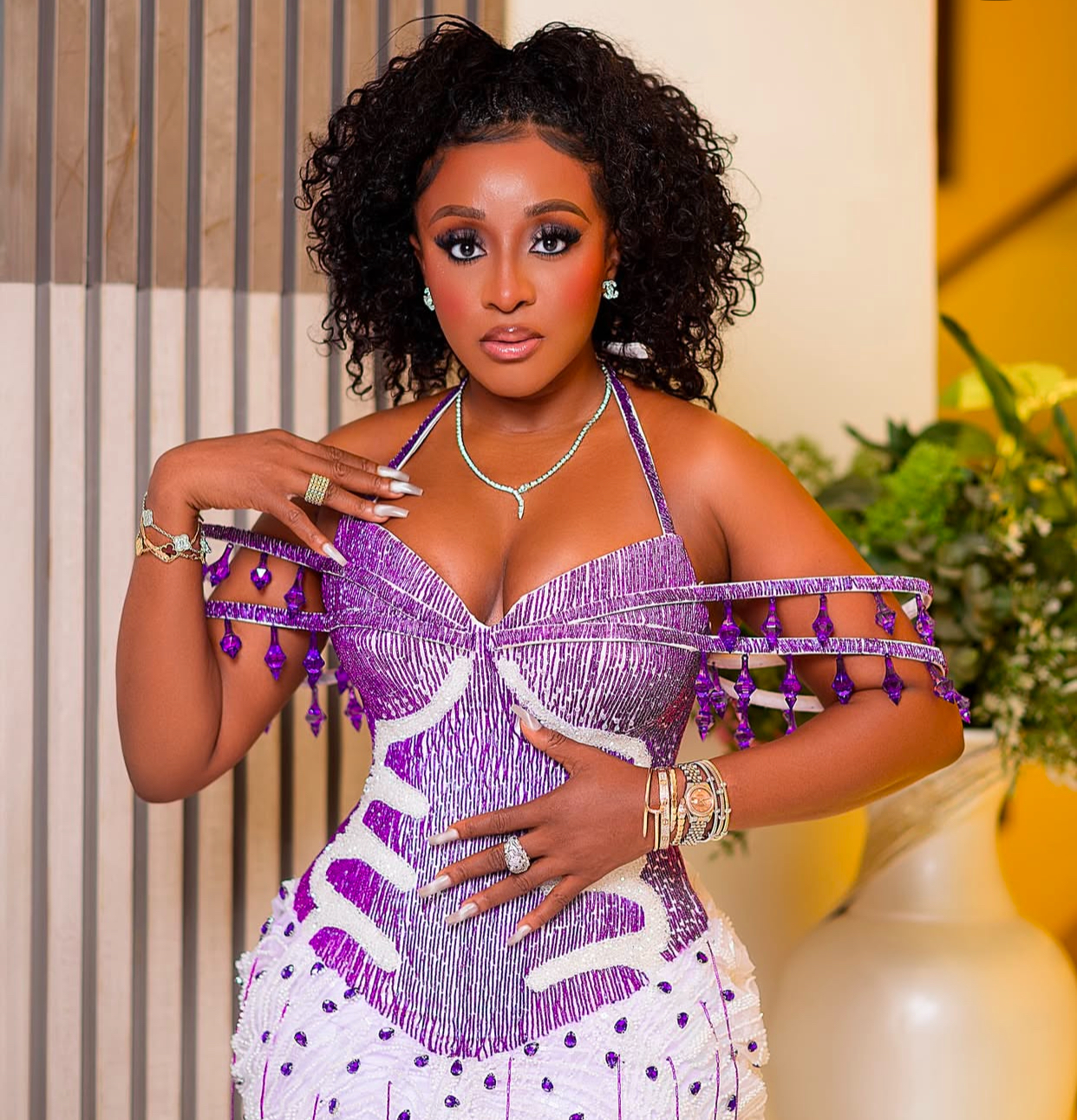In Nigeria, motherhood isn’t just personal. It’s cultural, emotional, and sacred. So when popular lifestyle influencer and founder of Diary of a Naija Girl (DANG), Ifedayo Agoro, publicly declared that she would choose surrogacy despite being medically fit to carry a child herself, she didn’t just spark a debate, she lit a firestorm.
“I have a womb. I’m perfectly healthy. I’m still going to use a surrogate,” Agoro said in a now-viral video. “You don’t owe anybody any medical report, apology, or an explanation.”
To some, it was a bold expression of choice and autonomy.
To many others, it was tone-deaf, provocative, and a blatant disregard for the emotional, cultural, and ethical weight of surrogacy in Nigeria.
A Choice or a Provocation?

Surrogacy in Nigeria has always existed in the shadows. It’s been understood, rarely discussed, and barely regulated. Traditionally, it’s been a last resort for couples struggling with infertility or serious health risks. But Agoro’s comment broke that silent agreement, shifting surrogacy from “need” to “want,” from tragedy to lifestyle.
Her framing of the decision ruffled feathers across all corners of social media.
For a country where motherhood is often tied to a woman’s identity, and where many women struggle to access quality maternal care, Agoro’s “I just don’t want to use my womb” declaration felt jarring, especially to those who viewed it as flippant or elitist.
Woli Arole Reacts: “Don’t Let Wokeness Derail You”

Among the first public figures to respond was comedian and media personality, Woli Arole. Known for blending humour with faith-based commentary, Arole didn’t hold back. He wrote on Instagram:
“Listen carefully, it is a blessing for a WOMAN to carry her baby in her WOMB. That’s how GOD wants it.
“Unless for medical reasons, she can adopt options like Surrogacy, IVF and all. You can’t say ‘my body, my decision, I don’t feel like carrying a child—I want surrogacy.’ Nooooo!!! Your body is God’s temple!”
His post resonated with a large segment of conservative Nigerians who believe that pregnancy is not just a biological process, but a spiritual one. To them, the modern-day push for convenience and autonomy is eroding sacred traditions.
But not everyone agreed with Arole’s spiritual framing.
Kate Henshaw: “It’s Becoming Too Casual”

Actress and longtime social advocate Kate Henshaw also weighed in. While she approached the topic with more nuance, she didn’t hide her discomfort either.
“I watched Ife’s video and I was wondering, why?” Kate Henshaw said during an interview with News Central.
“She’s healthy and has nothing wrong with her. What is your reason for wanting someone else to carry your child? It is a means to exploit people who are not financially capable.”
As a trained medical microbiologist before venturing into Nollywood, Kate brought both emotional and ethical questions to the forefront:
• Where are the laws that protect surrogates?
• Who ensures they are emotionally and financially supported before and after childbirth?
• What documents are being signed?
• What happens if something goes wrong?
“Surrogacy shouldn’t be done lightly, like you’re going to buy a bag,” she said.
“It’s not just about the body—it’s also about the mind, the heart, the aftermath.”
Her concern is rooted in something larger: Nigeria lacks a clear legal or ethical framework for surrogacy. And when wealthy individuals make casual declarations about using surrogates, it raises red flags about exploitation and inequality.
Real Faces, Real Stories: When Surrogacy Isn’t a Theory
While Ifedayo Agoro’s comments sparked outrage, they also reopened conversations about Nigerian women who have turned to surrogacy—not out of convenience, but from a place of pain, patience, and necessity.
Ini Edo: Choosing Hope in Silence

In 2021, award-winning actress Ini Edo shocked many when she revealed that she had welcomed a baby girl through surrogacy. For years, she had faced intense pressure from the public over her marital status and childlessness. Her decision was deeply personal and, she explained, medically necessary.
Ini Edo revealed she opted for surrogacy after experiencing six miscarriages and struggling with carrying pregnancies long-term. She said in a candid interview:
“I never thought I would have fertility issues, but I’ve had problems carrying pregnancies long-term. I was tired of miscarriages, so I chose surrogacy.”
Despite her honesty, Ini faced backlash. Some questioned her values. Others criticized her for “breaking tradition.” But for many Nigerian women navigating fertility challenges, her courage to speak out offered hope.
Biola Adebayo: Faith, Loss, and Grace

In 2023, Yoruba movie star Biola Adebayo also opened up about her surrogacy journey, one that had its own complications. After years of trying, she and her husband finally welcomed a baby boy via a surrogate. Her testimony was raw and spiritual. She shared:
“Several IVFs cycles were done and they all failed. We later went for surrogacy, which didn’t work at first till we got here by God’s grace. We tried five times, yes! We had failed once and had so many issues, but the fifth one worked.”
Biola’s story struck a different chord. Nigerians applauded her vulnerability and praised her resilience. Her transparency made people realize that surrogacy isn’t just for the rich or the indifferent. It’s often a final act of faith for those who have walked through loss.
These stories stand in stark contrast to DANG’s framing of surrogacy as a personal lifestyle preference. And that’s part of what ignited the backlash, since surrogacy has long been associated with sacrifice, not convenience.
By invoking “choice” without context, Agoro’s message clashed with the stories of women who fought, prayed, and bled before arriving at the same destination.
The Bigger Picture: Who Shapes the Narrative?

The controversy didn’t just center around Ifedayo Agoro’s statement. It also highlighted the power (and danger) of celebrity influence. Public figures like DANG, Arole, and Kate Henshaw have huge platforms. When they speak, they shape opinion. They spark outrage. They define what’s acceptable or scandalous.
In this case, Ifedayo Agoro championed autonomy, while Woli Arole and Kate Henshaw echoed tradition and caution. Both sides had supporters. Both sides had critics. But in the middle stood everyday Nigerians, asking deeper questions:
• Is surrogacy without medical need morally wrong, or simply misunderstood?
• Should reproductive choices be free from scrutiny or do they carry communal weight?
• Can we modernize family-building practices without losing empathy and ethics?
Class, Culture, and the Cost of Autonomy
Perhaps what stung most about Agoro’s declaration was the audacity of choice in a country where choice is a luxury.
Not everyone has access to surrogacy. Not everyone can afford to “just not want” to use their womb. And in a society already dealing with reproductive health gaps, high maternal mortality rates, and socio-economic divides, her stance felt disconnected from everyday reality.
Yet, Agoro stood her ground:
“People expect that anyone using a surrogate must have a tragedy story. It’s not true. My decision is valid.”
And in a way, she’s right. Autonomy is valid. But in a society as complex as Nigeria, validity doesn’t always equal acceptance. And choice, especially when it intersects with privilege, must come with context, compassion, and responsibility.
Final Thoughts: Where Do We Go From Here?
The surrogacy conversation sparked by Ifedayo Agoro’s video did more than trend. It opened a portal into Nigeria’s evolving values. From Kate Henshaw’s calls for ethical regulation to Woli Arole’s spiritual appeals and Agoro’s unapologetic stance on bodily autonomy, what we’re seeing is a culture in transition.
One thing is clear: Nigerians are no longer shying away from difficult conversations about motherhood, identity, privilege, and reproductive freedom.













Leave a comment